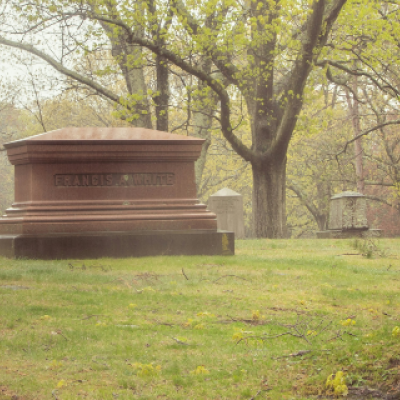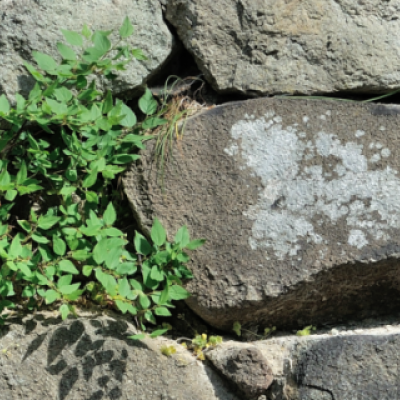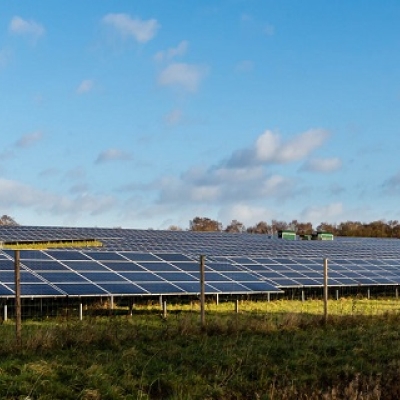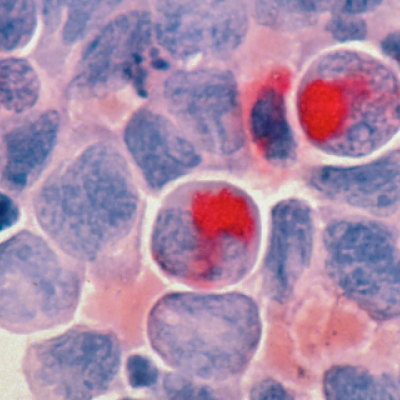
Cemeteries as Regenerative Green Infrastructure
By Kyler Geoffroy / On April 11th, 2024
In a new op-ed published in collaboration with Island Press, Robert Searns (author of Beyond Greenways) pushes for a broader view of cemeteries — more from a regenerative perspective — as green infrastructure or even as places to recreate.










